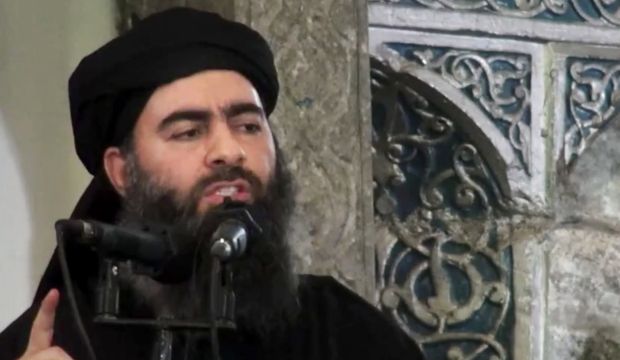London, Asharq Al-Awsat—In remarks on his recent request for a new authorization from Congress for military action against the Islamic State of Iraq and Syria (ISIS), President Barack Obama made an odd new commitment: not to allow “these terrorists to have a safe haven.”
In fact, ISIS has the only safe haven in Syria, a land engulfed in a multi-layered war with numerous belligerent parties.
Nearly all of Syria today is open to attack in the form of airstrikes and ground incursions, not to mention car bombs and suicide attacks—except for ISIS’s headquarters.
The factor that has allowed ISIS to consolidate its “safe haven” is the US decision to not strike targets in the group’s heartland in the Syrian province of Raqqa.
Senior Iraqi officials claim that the United States has made it clear to other coalition members, including the Baghdad government, that it will not support attacks against the ISIS heartland “at this point in time.”
The Obama administration rejects the claim that it has given ISIS a safe haven as “preposterous.” National security sources, speaking on condition of anonymity, claim that there are no “readily identifiable military targets” there and that the president is anxious to avoid collateral damage.
However, Iraqis claim that they have supplied Washington with over 100 “credible military targets” in Raqqa province and the city of the same name, which is the seat of the self-styled caliph Abu Bakr Al-Baghdadi.
Targets in Raqqa include the House of the caliph, two barracks at Al-Mishlab and Al-Utaiba Hajjaniah, the headquarters of the Religious Police (Hasbah), the caliph’s treasury (Bayt Al-Mal) and two bridges over the River Euphrates linking it to Turkey and Iraq, as well as the command and control centers. The “caliphate” also occupies a number of oilfields and oil refineries, all of which could be regarded as legitimate targets in a state of war.
The caliphate’s radio and TV network, including studios where propaganda videos are made, is located in four buildings in the Al-Rawdah neighborhood. ISIS has also converted a number of grain silos into arms depots in and around the city.
ISIS also controls 13 small- and medium-sized oil fields, all legitimate targets for coalition attacks—as is the stream of trucks and buses that bring supplies and would-be mujahideen to Raqqa from Turkey.

